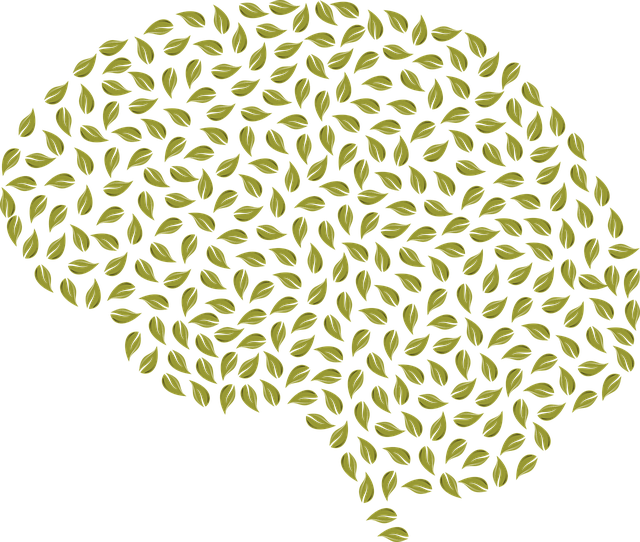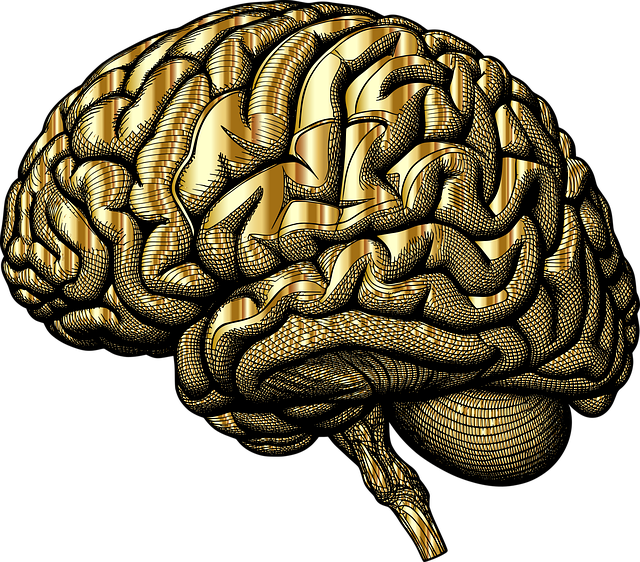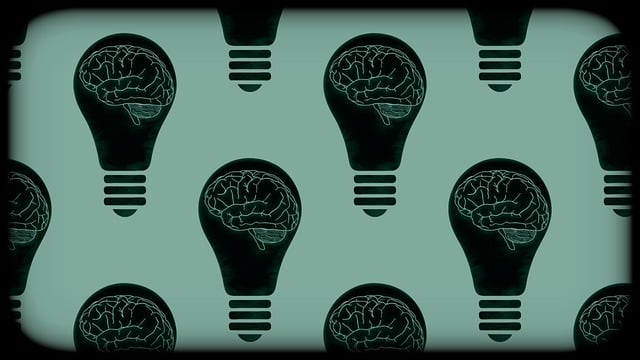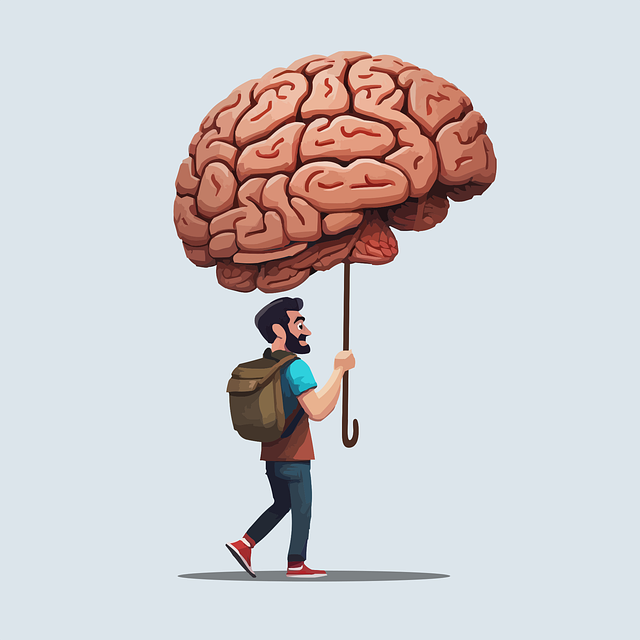Mental wellness group facilitation offers powerful peer-to-peer support in safe, engaging environments, benefiting children and adults undergoing bariatric evaluations or therapy. Tailoring activities and discussions to age-appropriate levels fosters emotional understanding, self-expression, and holistic well-being. This approach integrates mental health considerations with physical health data from bariatric evaluations, empowering individuals to navigate societal pressures with resilience and confidence. Effective facilitation techniques, peer support, and educational resources enhance therapeutic outcomes, fostering community among participants.
Mental wellness group facilitation plays a pivotal role in supporting individuals through various challenges. This article explores four key aspects of this dynamic process, including understanding mental wellness group dynamics, tailoring therapy for children’s unique needs, and adopting a holistic approach to bariatric evaluations. Additionally, it delves into effective group facilitation techniques designed to optimize outcomes across diverse populations, emphasizing the importance of tailored support in fostering healing and growth.
- Understanding Mental Wellness Group Facilitation
- Tailoring Therapy for Children's Unique Needs
- Bariatric Evaluations: A Holistic Approach to Weight-Related Concerns
- Effective Group Facilitation Techniques for Optimal Outcomes
Understanding Mental Wellness Group Facilitation

Mental wellness group facilitation involves leading and supporting a diverse range of individuals in a collaborative therapeutic environment. This approach recognizes that sharing experiences and insights within a peer-to-peer group setting can be incredibly beneficial for mental health. Group members learn from one another, fostering a sense of belonging and community while acquiring valuable coping strategies.
Effective facilitators create a safe and non-judgmental space, encouraging active participation through interactive activities such as self-awareness exercises and discussions centered around mind over matter principles. By incorporating these techniques, facilitators enable individuals to explore their mental wellness journeys, address challenges, and celebrate victories in a supportive atmosphere. This method is particularly relevant when considering therapy for children or adults undergoing bariatric evaluations, as group dynamics can offer unique perspectives and promote personal growth.
Tailoring Therapy for Children's Unique Needs

In facilitating mental wellness groups for children, tailoring therapy to meet their unique needs is paramount. Children’s emotional development and expression differ significantly from adults, making traditional therapeutic approaches often ineffective or misunderstood. Thus, it’s crucial to incorporate age-appropriate activities, games, and discussions that foster Emotional Regulation and Stress Reduction Methods. Facilitators should create a safe, supportive environment where children feel comfortable sharing their experiences while learning effective Emotional Well-being Promotion Techniques.
Understanding the diverse backgrounds, personalities, and experiences within the group is essential for tailoring bariatric evaluations—not just of mental health but also of each child’s capacity to process information and engage in therapy. This individualized approach ensures that every participant receives targeted support, fostering a deeper connection with their emotional selves and promoting holistic emotional well-being.
Bariatric Evaluations: A Holistic Approach to Weight-Related Concerns

Bariatric evaluations take a holistic approach to weight-related concerns, recognizing that physical health is intricately linked with mental wellness, especially in children. This comprehensive process involves assessing various aspects beyond just the individual’s size or weight. It delves into their emotional well-being, eating habits, and overall lifestyle to identify potential issues such as anxiety or burnout, which might be driving unhealthy food choices or overeating. By integrating these findings with physical health data, therapists can tailor therapy for children, addressing both short-term and long-term goals for improved mental wellness.
This holistic perspective is crucial in the context of bariatric evaluations, where the focus shifts from solely treating a symptom (like obesity) to nurturing a child’s overall well-being. This method also incorporates strategies for anxiety relief and burnout prevention, which are often exacerbated by societal pressures and intense media portrayals of physical attractiveness. Through this inclusive approach, mental wellness podcast series production can evolve into a powerful tool, empowering both children and their families to navigate complex issues with greater resilience and confidence.
Effective Group Facilitation Techniques for Optimal Outcomes

Effective group facilitation plays a pivotal role in enhancing mental wellness outcomes, especially among children. Facilitators can employ various techniques to create a safe and engaging environment that encourages open dialogue and fosters positive change. One powerful method is using interactive activities tailored to the group’s needs, such as games or creative exercises, which facilitate self-expression and emotional understanding (Self-Awareness Exercises). These activities not only make therapy more accessible but also help in building camaraderie among members.
Additionally, incorporating structured discussions guided by clear agendas ensures every participant gets a chance to contribute. Facilitators should also encourage peer support and feedback, fostering a sense of community. For specialized contexts like bariatric evaluations, tailoring facilitation techniques to address specific challenges and concerns is crucial. Incorporating risk management planning for mental health professionals can mitigate potential issues, while the production of a Mental Wellness Podcast Series can offer ongoing support and education for both facilitators and participants.
Mental wellness group facilitation plays a pivotal role in enhancing individuals’ lives, from children requiring tailored therapy to adults navigating bariatric evaluations. By employing effective techniques, facilitators can create safe spaces fostering open communication and personal growth. This holistic approach not only addresses immediate concerns but also empowers participants with long-lasting coping strategies for improved mental wellness.














